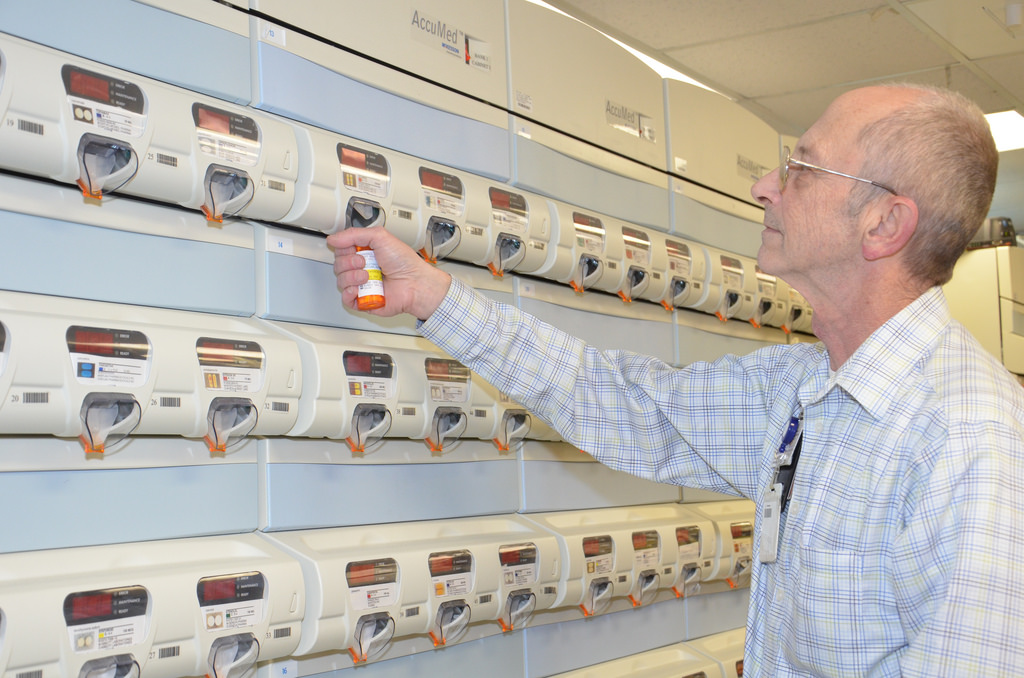This Tweet Exposes How People Get Scammed Into Paying More for Medication for No Reason

By:
Health insurance is complicated business — and those complications often come at a cost to patients.
 Flickr - staticflickr.com
Flickr - staticflickr.com
Administrative processes such as billing, collecting co-payments, assessing benefits, and resolving claims involve a lot of time, money, and paperwork. Experts argue that eliminating excessive administrative complexities could save the U.S. health care system about $183 billion annually.
That's why letters like this one, shared on Twitter by journalist Libby Watson, seem counterproductive — and unnecessarily expensive for patients.
The letter states that Watson will have to pay more for her prescription medication if she fails to call her health insurance provider, or sign into her online account, and confirm her prescribing preference: Do you want to fill prescriptions at the pharmacy or use a delivery service?
"Anyone who's ever had to talk to their insurance company about anything will know that their layers of bureaucracy often make mistakes and are very difficult to navigate," Watson told ATTN:.
"I'm one of the lucky ones: it's a cheap drug, I have good, employer-provided health insurance, and I'm a journalist," she said. "But for people who work long hours or have families, or have health or mental health problems, calling the helpline or using their extremely confusing website (and I say that as a tech reporter), it's a much bigger burden."
Watson said the letter represents "yet another reason why we need single payer [health care] today." And she has a point: a 2015 study published in the journal BMC Health Services Research found that switching to a single-payer health care system would save the U.S. health care system an estimated $375 billion in insurance-related paperwork each year.
 Flickr - staticflickr.com
Flickr - staticflickr.com
Health insurance companies, including United Healthcare and Anthem Blue Cross, have gotten in trouble over requiring customers to fill prescriptions at specific, mail-order pharmacies. Consumer Watchdog sued both companies, leading them to revise their policies and allow HIV patients to opt out.
This isn't the same situation, but it does reflect an apparent preference for customers to fill prescriptions through specific mail-order pharmacies rather than pharmacies of their choice — even if that comes at the patient's expense. United Healthcare did not respond to a request for comment by the time of publication.
"Why make it harder for patients? And why threaten them with increased costs if they don't get around to calling?" Watson asked. "There's no benefit to the patient there: it has to be about profit. Making money off charging people extra for drugs they need to live by hoping they won't have the time to contact you is morally unjustifiable."
